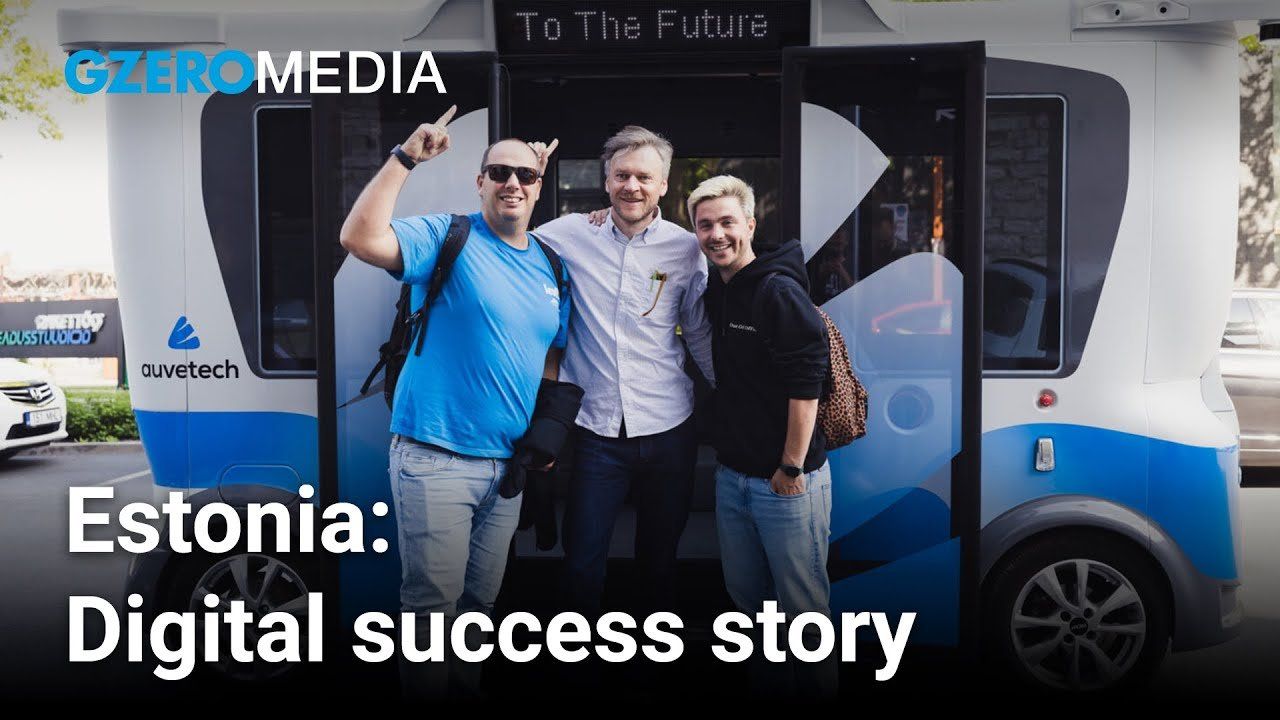Science & Tech
Estonia's digital revolution: a global model of efficiency

Estonia's digital revolution: a global model of efficiency | Digital Nations | GZERO Media

In a recent GZERO livestream event presented by Visa, Carmen Raal, a digital transformation advisor and expert from e-Estonia, shared some remarkable insights into the nation's digital transformation. Estonia, often hailed as a digital pioneer, has undergone a profound digitalization process that sets it apart on the global stage. Carmen explained that 99.99% of Estonia’s public services are accessible online, which includes a strong collaboration between the nations’ public and private sectors. Raal points out how this unique partnership has created solutions that are versatile and user-friendly. One example is Estonia's electronic identity and signature system which isn't limited to government use; it extends to online banking across all banks in Estonia.
The emphasis on simplicity has been key to encouraging widespread adoption of digital solutions. This also includes the process of setting up a company in Estonia. Raal highlights that it takes less than three hours to establish a company online, and the world record is a just a hair over 15 minutes. According to Raal, this efficiency, especially for small and medium-sized enterprises, has positioned Estonia as an administrative haven, attracting entrepreneurs from around the world under the concept of e-residency, which allows individuals worldwide to obtain a digital identity card, granting them the ability to run an Estonian company without physical presence in the country. This offers access to the European single market, showcasing Estonia's commitment to fostering a global digital community. Raal highlights how Estonia's digital journey underscores the transformative potential of embracing technology, not only for enhancing efficiency but also for fueling economic growth and innovation.
To hear more about the challenges and opportunities that nation-states face when it comes to digitization, and how it could shape a more inclusive and resilient future, watch the full livestream conversation:
In this Quick Take, Ian Bremmer reacts to President Trump’s State of the Union address, calling it “a rehashing of the greatest hits” with little new policy direction.
Small business hiring surged 7% above the 2024 average in December, led by a surprise rally in retail. But with uncertainty still historically high and mounting concerns over tariffs, can this momentum survive 2026? Explore the data behind the resilience of the US small business sector. Get the latest economic insights from Bank of America Institute.